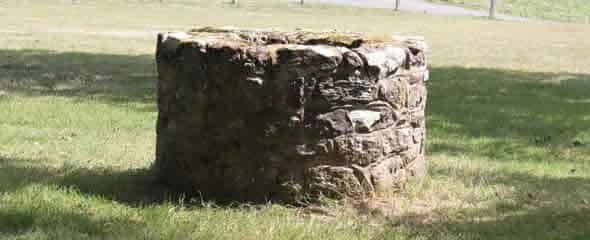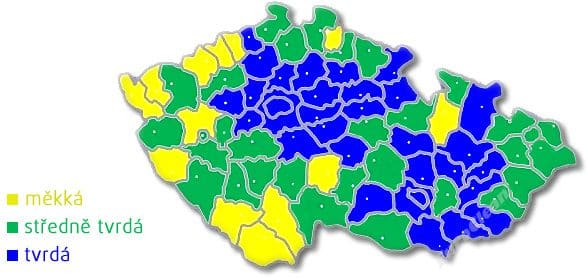
Treatment of a well water
You can’t probably avoid well water treatment. Quality of the water unfortunatelly lacks the required level in most locations and therefore it is needed to reach for some form of improvement.In Czech Republic, up to one tenth of cizizens uses their own sources of water such as well or a garden drill to supply their homes which makes a well water treatment rather commonly solved issue.
First find out what You are treating – ask for analysis of Your water
The analysis will determine the water quality. If you don’t own a well or drill yet, start with the hydrogeological research. The analysis will tell you what form of treatment to choose.
What are the most common issues of water?
- high level of hardness (causes limescale)
- Elevated levels of iron and manganese (water with a red tint and oily spots)
- presence of mechanical admixtures (soil, clay, sand)
- presence of microorganisms and bacteria (diarrhead, nausea)
- high level of nitrates (substances leaking from fields and septics, dangerous mostly to children)
- Aftertaste, odor, color, higher content of ammonia
- organic impurities – (pesticides, phenols)
- higher salinity
Common causes of the well or drill water soiling
Before the treatment itself it is necessary to find out the specific cause of the water contamination. It might not be a permanent problem.
Possible causes:
- breach of the adviced distance from cesspools, pits, fertilized fields or a cowshed
- inappropriate lid to the well, no waterproof cover, surface water leaking inside
- inappropriate pump (rust can get into water)
- only occassional use of the well (sediments settle)
Map of the water hardness

Map of the most commonly solved problem of water in Czech Republic – water hardness.